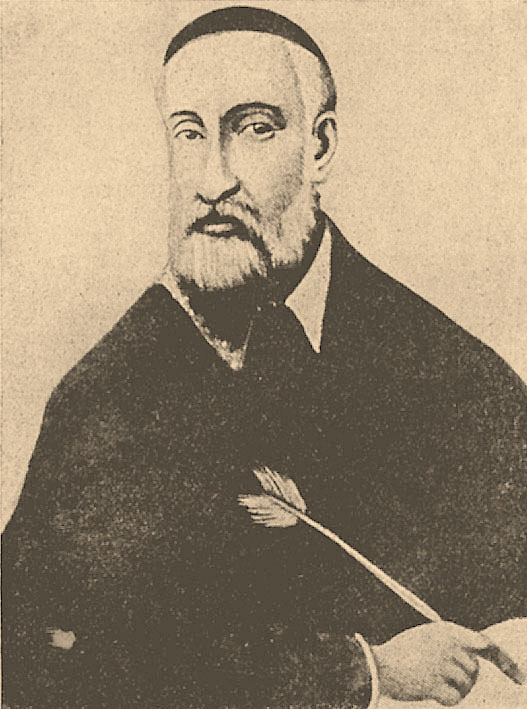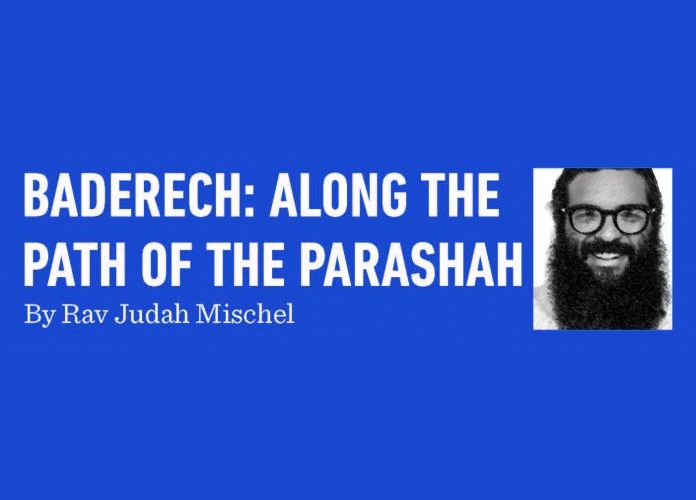The Great Wall Of Israel
“The wall was not built for the builders, but for those who would come after, who might never see it completed. This required faith in a future unknown and patience that stretches beyond a lifetime.”
—The Great Wall of China, Franz Kafka
The construction of the Great Wall of China stands as one of humanity’s most awe-inspiring achievements. This project unfolded across centuries, a slow-burning testament to endurance. Launched in the 7th century BCE, it was completed only in the 17th century CE. The heart of this vast endeavor spanned close to three hundred years, from the 14th to the 17th century, weaving together vision and relentless drive across generations.
The Wall demanded immense patience and vision. Those who toiled on it spent years separated from their families, laboring on a monument they would never see completed in their lifetimes. As the years stretched on and the Great Wall remained unfinished, the builders fought against fatigue and the crushing weight of endless labor. As Kafka wrote:
“The completion of the wall was less a matter of engineering than of sustaining belief, of preserving a collective will through centuries, against the weariness of time.”
This was a project not only of stone and mortar, but of human spirit, woven from steadfast hope and the quiet determination to build something beyond their own time. The Great Wall of China teaches us that grand historical projects demand time, vision, patience, and flexibility. Things built to last are never rushed; they are patiently forged in time.
{Carving History
Our people now embark on a project greater than the Great Wall of China, not forged from stone and mortar, but carved deep into the fabric of history. We are not masons shaping rock, but craftsmen shaping destiny. This is the greatest enterprise in the story of humankind.
In Parashat V’etchanan, Moshe highlights one of Hashem’s most extraordinary miracles: “Has it ever happened that G-d took a nation from among another people and transported them en masse to a new land?” The journey of an entire nation from Egypt’s depths to a distant land was a living testament to Hashem’s steadfast embrace of Jewish destiny.
That relocation from Egypt to Israel unfolded through profound divine intervention, the miraculous splitting of the sea and the parting of Heavens. It was meant to transpire in less than a year, but because of desert rebellions and tribulations, it stretched on for forty years. Still, in the vast sweep of history, forty years is but a brief moment. This relocation was swift and miraculous.
{Taming the Frontier
Once we arrived at our destination, progress slowed considerably. In Parashat Eikev, Hashem cautions that the land will not be settled all at once, but gradually and deliberately—each small step making way for the next. Had we rushed to settle it quickly, the frontier would have been too dangerous, and we risked being overwhelmed by the wild beasts of the field. By advancing slowly, expanding the frontier bit by bit, we were able to firmly establish our presence.
But it was not only the beasts that threatened us. Building a nation meant confronting tangled rivalries and navigating the unpredictable challenges of settling unfamiliar territory and creating new institutions. Settling the land piece by piece gave the people the time to adapt, unify, and build the essential frameworks: local governance, shared laws, and social cohesion. Had we rushed to claim the land, these fragile foundations would have collapsed. Settling the land of G-d took time.
History is repeating itself. Once more, our people are moving from every corner of the globe. Though Hashem has yet to miraculously gather us all at once, millions have begun the long walk home. Now, as in times past, the process of settling Israel unfolds slowly. We face countless obstacles—challenges that won’t be overcome quickly or easily. We are building the great wall of Jewish history and destiny, and it will take time.
Just like in the past when we faced the beasts of the field, we face hostile enemies who commit heinous acts of violence in the name of G-d and are sworn to our destruction. There will be no immediate, decisive victory. It is painfully clear that, short of Divine intervention, it will take generations to subdue them and quell their hatred for us. In the current political and cultural climate, their hatred shows no sign of fading. It will require profound cultural change and sustained, robust, defense of our nation to stand firm against these beasts of the field.
Just the same, many countries that once prowled like wild beasts have now stilled their claws, no longer striking at our borders. We are gradually making headway, convincing our neighbors that we harbor no grand imperialist designs, but instead seek their welfare. The frontier is slowly transforming, its wild edges softening into a landscape tamer and more inviting. Many of the former beasts no longer snarl at us.
However, we aren’t just facing external beasts of the field. Inside, stubborn creatures linger—internal challenges that gnaw away at our strength and slow our progress.
Returning after two thousand years—carried across vast stretches of time, continents, climates, and cultures—is no simple feat. We face many internal challenges that demand resolution. Again, unrealistically, we expect it all to unfold overnight, perhaps within our own lifetimes. For many of the thorny internal challenges that confront us, a clear resolution will likely remain out of reach for generations to come.
There are several internal challenges that deeply divide our nation: social, political, and religious. Firstly, we continue to search for a way to harmonize the religious sector with the non-observant community. This challenge has become easier to manage, as much of the broader Israeli secular public now feels a strong connection to religious and Jewish tradition. Much has changed since the earlier generations of secular Israelis, who were often hostile to religion and aimed to erase any trace of the old, galus Jewish identity. While we have made significant progress, many issues remain unresolved.
Of course, the most urgent socio-religious challenge today is integrating the Charedi community into the broader fabric of Israeli society. The pain surrounding non-Charedi conscription reflects a broader concern: Will the Charedim see themselves fully as part of the Israeli people, even while preserving firm cultural boundaries? As their population grows, this question takes on existential weight for both Charedi and non-Charedi alike. Resolving it will likely require multiple generations and the influence of social and economic realities larger and stronger than ideology.
The third issue we face is how to balance Democracy with a Jewish state. A purely Democratic system risks diluting Israel’s Jewish character. Preserving Israel as a homeland for the Jewish people is vital to our history and identity. If that means making some compromises to Democracy, it is a necessary and worthwhile exchange.
The recent social unrest surrounding judicial reform revealed just how unbalanced our political system is and how many deep ethnic tensions simmer beneath the surface of this political debate.
There will be no swift or final victories on these fronts. Instead, like the Great Wall, our progress will come in layers—walls upon walls—built patiently over time. This is a project that spans generations, demanding endurance, faith, and steady hands. n
Rabbi Moshe Taragin is a rabbi at the hesder pre-military Yeshivat Har Etzion/Gush, with YU ordination and an MA in English literature. His books include To Be Holy but Human: Reflections Upon My Rebbe, HaRav Yehuda Amital, available at mtaraginbooks.com.








![A Real [Baba] “Metziah”](https://5tjt.com/wp-content/uploads/2025/02/Dovid-Fox-1024x719.jpg)





